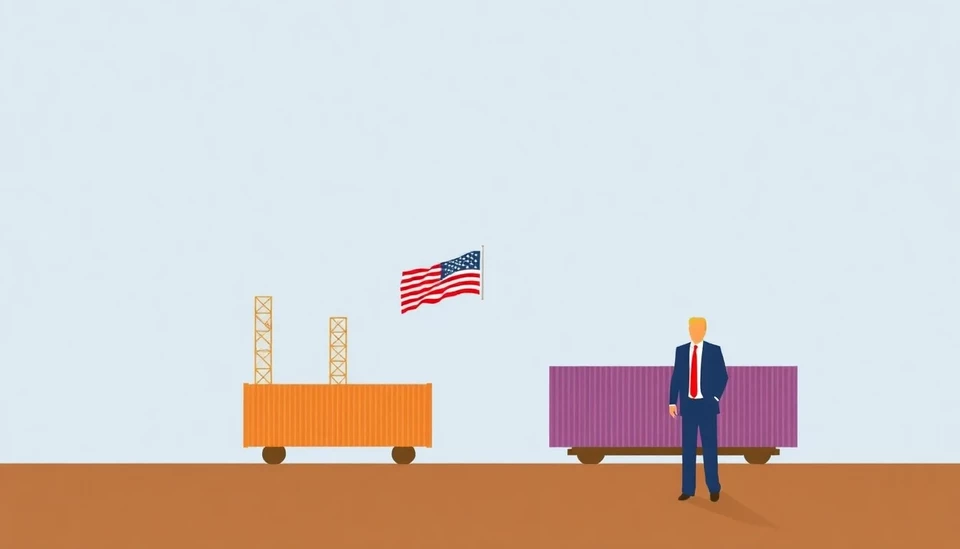
In a bold yet controversial move, former President Donald Trump has unveiled a new tariff strategy that could significantly disrupt both domestic and international markets. This plan, if implemented, threatens to escalate trade tensions and could contribute to soaring food inflation, a growing concern for consumers and policymakers alike.
Trump's proposed tariffs revolve around several key sectors, particularly targeting agricultural imports and materials critical for manufacturing. Economists warn that these tariffs could provoke retaliatory measures from other nations, a situation reminiscent of the trade wars during his previous administration. The implications of such actions are felt widely, particularly in the food industry, which has been grappling with supply chain issues and inflated prices attributed to both the pandemic and previous trade policies.
The rationale behind this tariff plan is rooted in Trump's longstanding emphasis on "America First," aiming to bolster American industries and protect domestic production from foreign competition. However, experts caution that while the intention may be to safeguard American jobs, the execution of such tariffs may lead to increased costs for consumers. As businesses face higher import costs, those expenses are likely to trickle down to consumers, who may see higher prices for everyday goods, including food staples.
Many farmers and agricultural advocates have expressed concern that imposing tariffs on imports could backfire by limiting access to crucial food sources and raw materials. For example, the U.S. relies on imports for various agricultural products, and any barriers could disrupt the balance of supply and demand, leading to shortages and soaring prices in grocery stores.
Furthermore, the impact of Trump's trade strategy could extend beyond the U.S. borders, acting as a potential catalyst for economic strain in other countries. Global trade dynamics are delicate, and many nations may respond to new tariffs with their own measures, ultimately creating a tit-for-tat scenario that could erode international trade relationships built over decades.
In economic circles, the proposed tariffs are being closely scrutinized as analysts weigh the potential benefits against the risks of stoking inflation and disrupting the economy. As the Biden administration continues to tackle the ongoing challenges posed by inflation and supply chain constraints, Trump's tariff plan represents another variable that could complicate recovery efforts.
As debates about the merits of such a strategy heat up, various stakeholders from farmers to manufacturers are voicing their concerns over the anticipated ripple effects. The pushback emphasizes the need for a balanced approach that considers both domestic interests and the overarching realities of the interconnected global economy.
In summary, as Trump re-enters the political arena with this stark proposal, the specter of increased tariffs poses considerable risks not only to trade relationships but also threatens to exacerbate food inflation, leaving American consumers in a tight spot. Observers will be keenly watching how this plan unfolds and the reactions it elicits from both domestic industries and foreign governments.
#TrumpTariffPlan #TradeRelations #FoodInflation #EconomicImpact #USA #GlobalTrade
Author: Laura Mitchell




